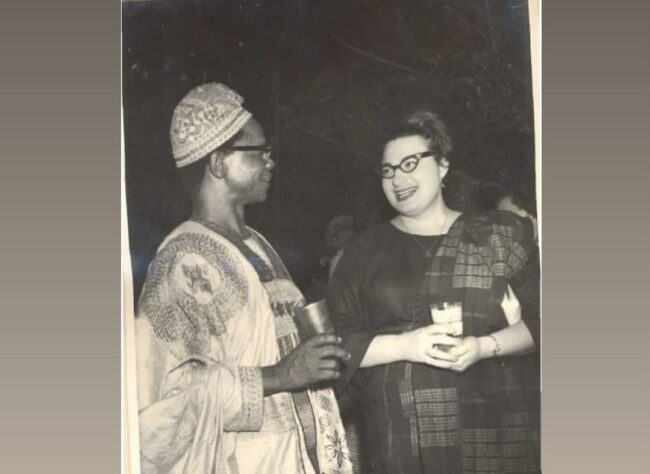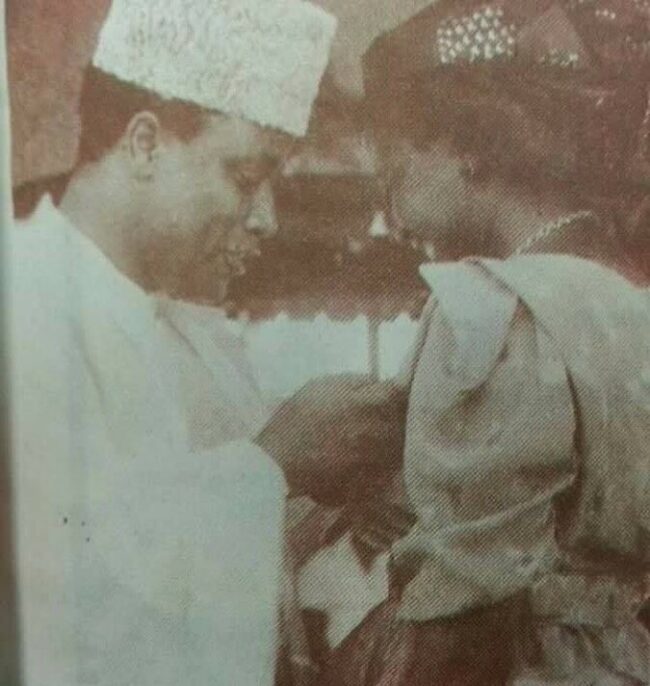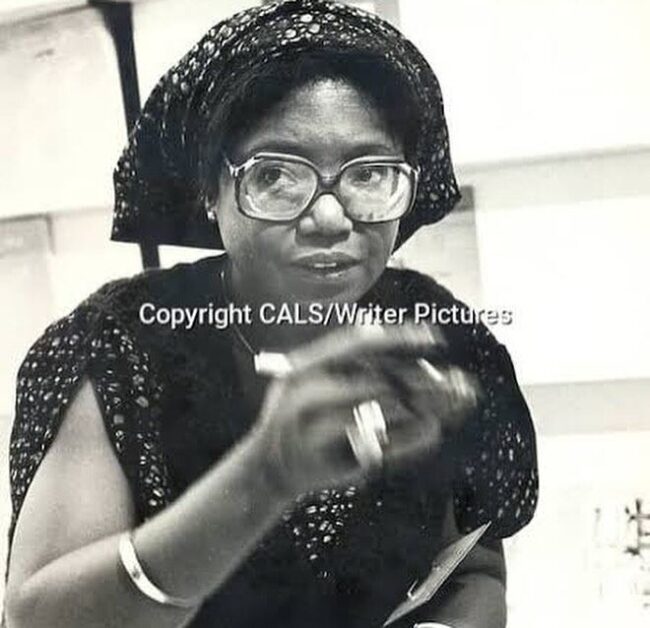General Yakubu Gowon’s Wedding Ceremony to Victoria Zakari During the Civil War
Major-General Yakubu Gowon married Victoria Zakari on Saturday, April 19, 1969, while the civil war was still going on. The Anglican Bishop, S.l. Kale, presided over the 95-minute wedding ceremony at the Christ Church Cathedral in Lagos. Rear Admiral Joseph Wey, the Naval Chief of Staff and Chief of Staff Supreme Headquarters, was the best man for the bridegroom.Victoria Zakari, a nurse from his hometown, was the wife of Gowon, who was 34. Outside the church, hundreds of Nigerians, including market women and schoolchildren in uniform, waited. There were about 800 dignitaries, both military and civilian. Two of the three civil war commanders were among the dozens of plainclothes security officers who mixed with the assembly while armed troops in combat uniforms threw a security ring around the church. Notably missing was the third, Colonel Mohameed Shuwa, who was leading an operation against Umuahia, a Biafran stronghold. Wearing a white lace dress and carrying a little bunch of yellow and white roses, the bride was given away by her father, a civil worker. After that, Gowon and his new bride went to the north for a four-day honeymoon.



